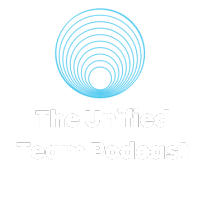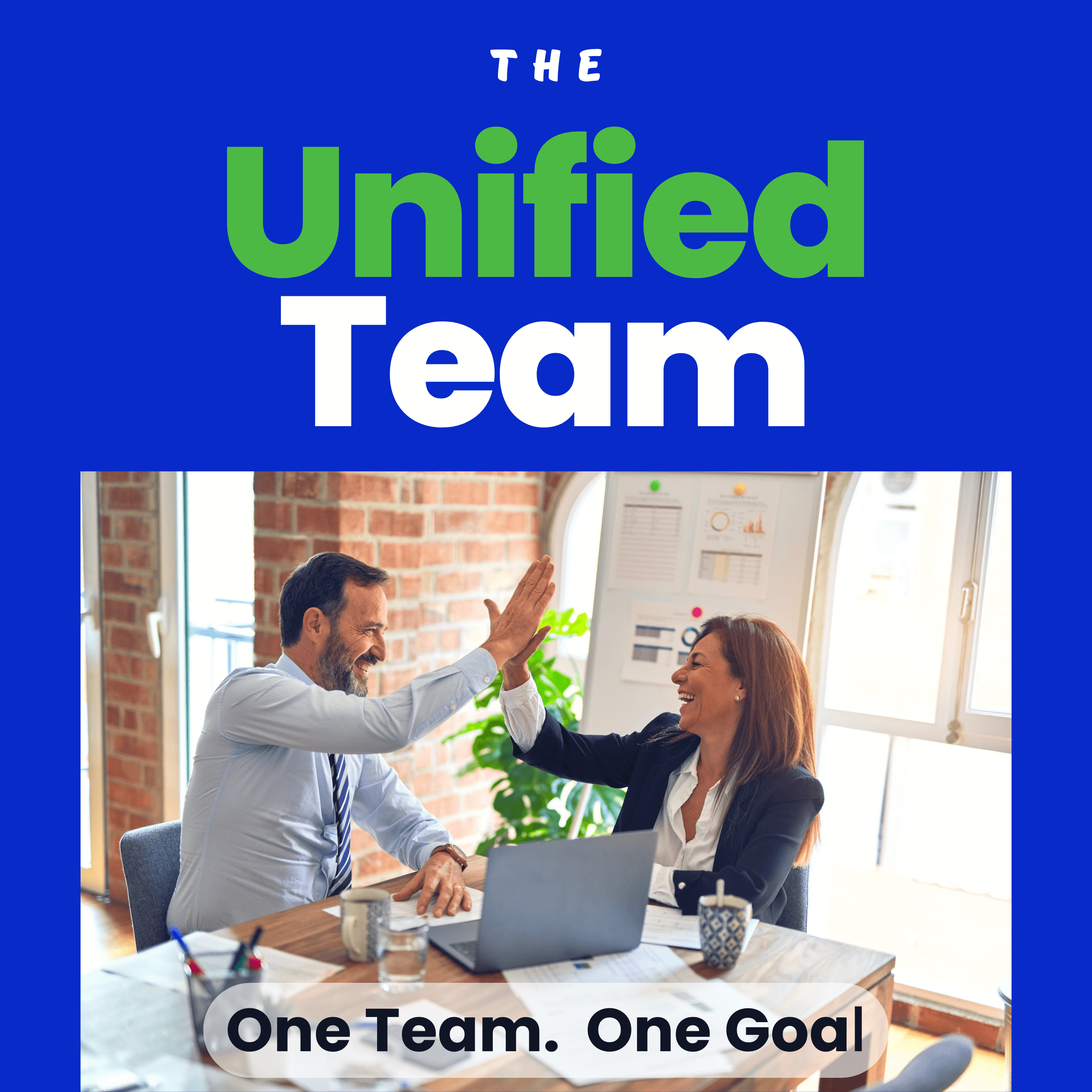What Is Happy Ever After?
We spend a lot of time trying to get into relationships. We spend a lot of time thinking and talking about our relationships. But have you ever defined what a successful relationship would be like for you?
Listen in as we discuss the topic from different perspectives and clarify what happy ever after would be for you.
Transcript
I'm not I'm not aware of that. But yeah. Over the night. Yeah. I'm pretty easy going to be honest.
I don't have to see you, you know, all the time.

